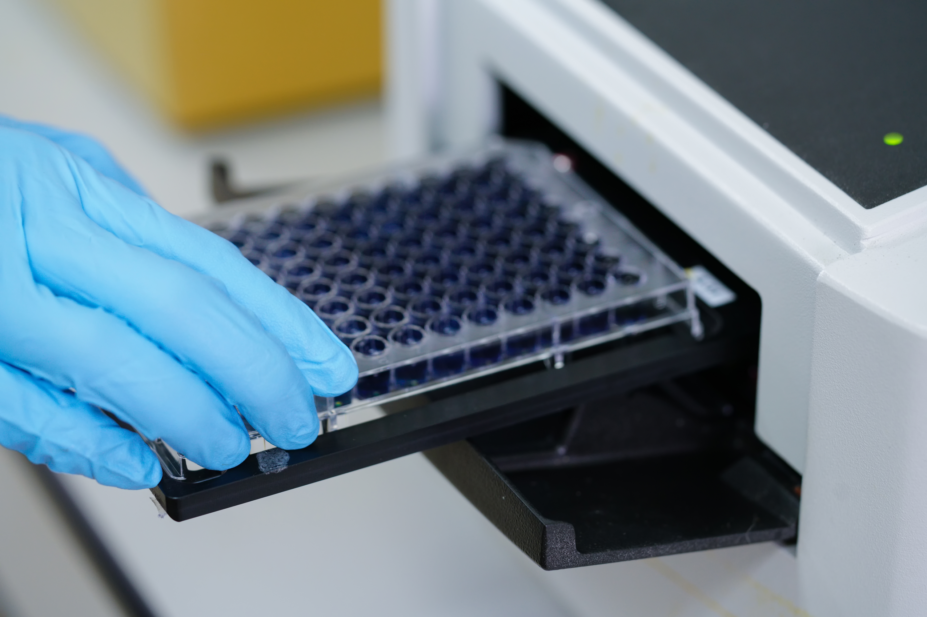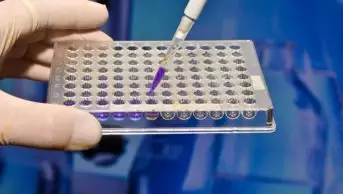
Shutterstock.com
The 100,000 Genomes Project has reached its goal to sequence 100,000 genomes from NHS patients by the end of 2018, Matt Hancock, health and social care secretary, has announced.
The project was launched in 2012, when former prime minister David Cameron set the challenge to sequence 100,000 genomes by 2017 — a deadline that was later extended until the end of 2018.
To date, it is one of the largest national sequencing projects of its kind. Its focus is primarily on making progress in the areas of cancer and rare diseases.
According to Genomics England, which runs the 100,000 Genomes Project, one in four participants with rare diseases received a diagnosis for the first time and up to half of participants with cancer were provided with potentially actionable findings.
“We are leading the world in genomics and this is a major milestone in our mission to provide truly personalised care to help patients live longer, healthier and happier lives,” said Hancock.
“I’m incredibly excited about the potential of this type of technology to unlock the next generation of treatments, diagnose diseases earlier and enable patients to take greater control of their own health.”
John Chisholm, chair of Genomics England, described the 100,000 Genomes Project as a “bold ambition to corral the UK’s renowned skills in genomic science and combine them with the strengths of a truly national health service”.
“With this announcement, that ambition has been achieved. The results of this will be felt for many generations to come as the benefits of genomic medicine in the UK unfold,” he added.
Sue Hill, chief scientific officer for NHS England, said the achievement had only been made possible because of the commitment and contribution of NHS teams across the country.
“The results, which will continue to be returned to patients, show how genomic medicine can transform lives, bringing quicker and better diagnoses and increasing the number of patients surviving cancer. The opportunity now is for the NHS to turn this research into reality by introducing sequencing technology as part of our world-leading NHS Genomic Medicine Service.”
Speaking at the Conservative Party conference in Birmingham on 2 October 2018, Hancock announced plans under the NHS Genomic Medicine Service to expand on existing projects, including the 100,000 Genomes Project, and sequence 1 million whole genomes in five years.
He said that from 2019, all seriously ill children and adults with certain rare diseases or hard-to-treat cancers will be offered whole-genome sequencing as part of their care.


